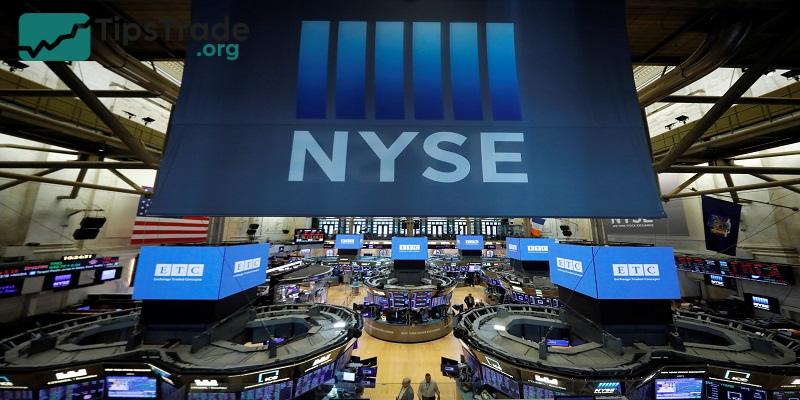The NYSE is the largest stock exchange in the world. Headquartered in New York, USA, the NYSE is where thousands of investors trade stocks. In this article, let’s explore some general information about the NYSE exchange with Tipstrade.org!
What is the NYSE?
Introduction to the NYSE
NYSE stands for New York Stock Exchange, a stock exchange located in New York City, with its headquarters at 18 Broad Street and 11 Wall Street. It is one of the largest exchanges in the world in terms of market capitalization of listed securities.
- Visit the website of the NYSE: https://www.nyse.com/index
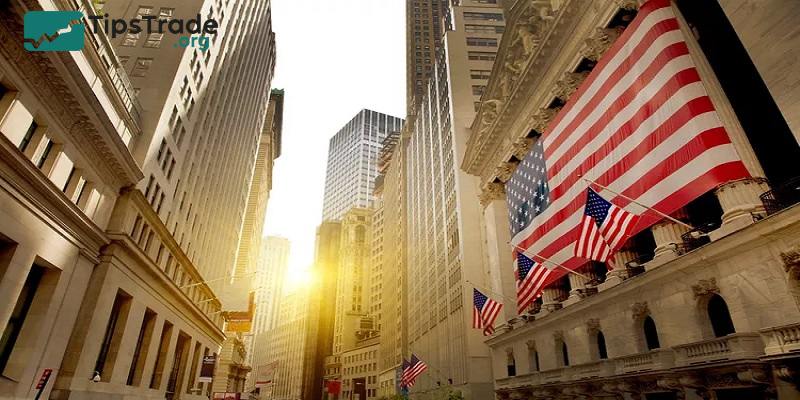
>>See more:
- What Is the NASDAQ Stock Exchange and How Does it Work?
- Market Cap Stocks: What They Are and Why They Matter for Investors
- What is Stock Liquidity? Why It’s Important for Investors
- Primary vs Secondary Market: Key Differences Explained
The history of NYSE
The New York Stock Exchange began on May 17, 1792. On this day, 24 stockbrokers from New York City signed the ButtonWood Pledge at 68 Wall Street. The NYSE began operations with five securities, including three government bonds and two bank stocks,
Thanks to the head start of the New York Stock Exchange as a major stock exchange in the United States, many long-standing public companies have been listed on the exchange. Consolidated Edison (ED) is the oldest NYSE stock, having joined in 1824 along with the New York Gas Light Company. In addition to U.S. stocks, foreign corporations can also apply to list their securities if they meet the exchange’s regulatory criteria.
How the NYSE works
The NYSE floor operates with two main functions:
- Provide an intermediary market for investors to trade stocks
- Allow companies to list their shares on the stock exchange to raise capital from investors
The NYSE essentially conducts trades directly on the floor through a continuous auction system. Investors place orders to buy or sell stocks, and the transaction occurs when both parties agree on a price. These transactions are transparently reported on the exchange, helping the market operate efficiently.
Today, many transactions have moved to electronic systems. The comparison of prices between buyers and sellers is done by computer systems operated by the NYSE. However, many large-volume transactions are still conducted the traditional way on the NYSE floor.

NYSE hours of operation
The opening bell of the New York Stock Exchange rings at 9:30 a.m. Eastern, while the closing bell rings at 4 p.m. Eastern. This tradition began in 1870 with a Chinese gong. In 1903, when the NYSE moved to its current location, it switched to brass bells.1
The NYSE uses the opening and closing bells to celebrate a New York City or financially-related event. It’s considered an honor to be invited to ring it. For example, if a company has just issued an Initial Public Offering with the NYSE, that firm’s CEO or President of the Board gets to ring the NYSE bell.
Note
The NYSE is closed for nine American holidays, including New Year’s Day, Martin Luther King Day, Washington’s Birthday, Good Friday, Memorial Day, Independence Day (July 4), Labor Day, Thanksgiving Day, and Christmas (December 25). In addition, the NYSE closes at 1 p.m. Eastern on Black Friday and Christmas Eve day (December 24).
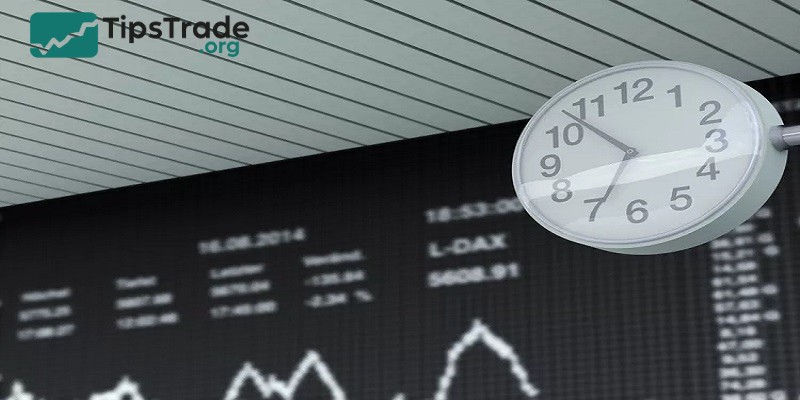
>>See more:
- IPO Process: Step-by-Step Guide to Going Public
- How To Buy Stocks in 4 Steps: Quick-Start Guide for Beginners
- Long-Term Stock Investing: Benefits and Key Principles to Understand
- Day Trading Stocks: Benefits, Risks, and Effective Investing Strategies
Regulations of the New York Stock Exchange (NYSE)
The New York Stock Exchanger with its huge trading volume, gathers many large, prestigious businesses around the world. Therefore, this trading floor has regulations to monitor and ensure a fair, safe, and transparent trading environment for investors.
Currently, the New York Stock Exchange operates under the supervision of the US Securities and Exchange Commission (SEC). The NYSE is the unit that supervises all trading activities on the floor. At the same time, both the New York Stock Exchange and the SEC will take on the role of keeping the market fair and efficient for all businesses and investors.
The conditions for listing on the New York Stock Exchange for businesses are as follows:
- Total income in the most recent year, minimum $75 million.
- Total pre-tax income of the last 3 years is 10 million dollars. Of which, the income of the last 2 years is at least 2 million dollars, the first year must be profitable.
- The market capitalization of the company is $100 million.

Stock index on the NYSE
Dow Jones Index
This is one of the important indexes in the US. It was developed by two journalists called Dow and Jones (hence the name of the index) in 1884. The Dow Jones index is one of the oldest indexes in the world related to the financial market. More than 20% of it is made up of companies operating in the industrial sector, including large American companies such as Apple, Boeing, Unitedhealth or McDonald’s.
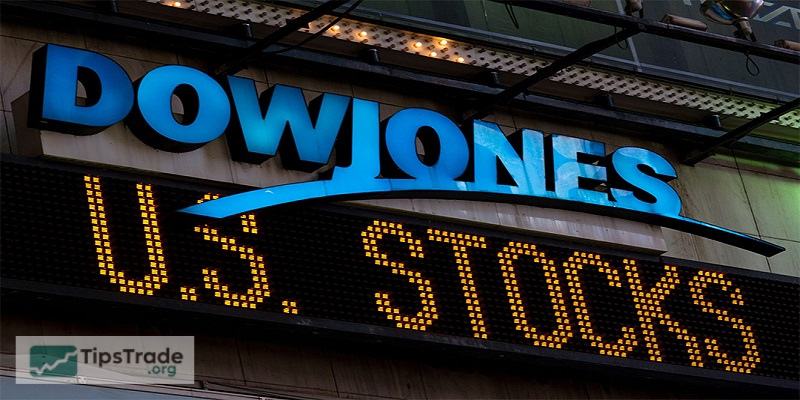
S&P 500 Index
The Standard & Poor’s 500 (S&P 500) is an American stock index based on the 500 largest publicly traded American companies. More than 27% of the index’s composition is made up of companies operating in the technology and communications sectors. Nearly 80% of the market capitalization in the United States is concentrated in the S&P 500.
It will also include companies in the financial, energy, healthcare and automotive sectors. The top 10 companies making up the index will be Microsoft, Apple, Amazon, Facebook, Berkshire Hathaway, Alphabet, Johnson & Johnson, JP Morgan Chase, Procter & Gamble and Exxon Mobil.

NYSE Composite Index
The NYSE Composite Index is a measure of the performance and value of all stocks listed on the NYSE. Like the Nasdaq, it shows the performance of technology companies, and the EUROSTOXX provides information on companies in the European eurozone.
NYSE AMEX Index
The NYSE Amex Composite Index is a market capitalization-weighted index of stocks listed on the NYSE. It includes small-cap companies and provides traders with a proxy for how this segment of the stock market is performing.
Advantages and disadvantages of NYSE
Advantage of NYSE
- Trading volume on the New York Stock Exchange is large, possibly reaching $1.5 trillion per day.
- High liquidity, safe and stable transactions.
- The New York Stock Exchange has many tools to help investors trade quickly, conveniently and with their rights protected. Advanced technical equipment helps investors promptly update financial information, evaluate potential and seize investment opportunities.
- The number of companies listed on the New York Stock Exchange is very large, accounting for a high proportion of transactions in the North American and global markets. This means that investors will have many opportunities to trade good stocks from 50 countries with the potential for sustainable and stable profits.
- Ensuring transparent market information, clear processes, and safe transactions because all transactions on the NYSE are supervised by two major agencies: the SEC (US Securities and Exchange Commission) and the NYSE itself.
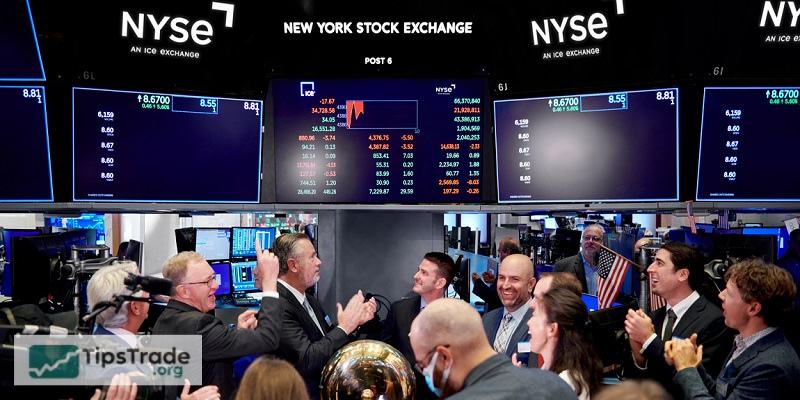
Disadvantages of NYSE
- The New York Stock Exchange is a floor with many high-priced Bluechip stocks, investors need a large amount of capital to participate in the market.
- The New York Stock Exchange is not suitable for swing traders because NYSE Bluechip stocks are highly stable and grow slowly, often not bringing large profits in a short period of time.
- Trading on the New York Stock Exchange, investors will face gaps, which often occur when placing overnight orders.
- The New York Stock Exchange is a large, high-volume, and fast-changing market. Therefore, investors must have in-depth knowledge and extensive experience to update information promptly and assess situations quickly.
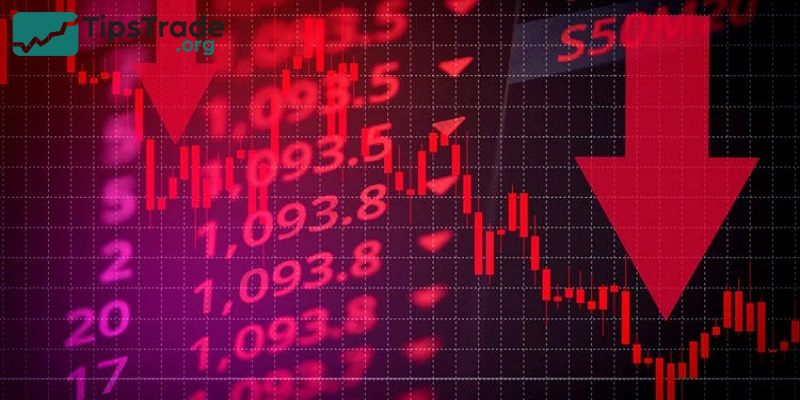
Notes when trading on the NYSE
Fees and taxes incurred
For non-US citizens, you will have to pay attention to the tax issues that arise. Specifically, for non-resident foreigners, the tax rate is 30% on income from sources earned in the US such as interest, dividends, rent, insurance,…
The form that investors will often encounter is the W-8BEN form, which is the certificate of foreign status of the Beneficial Owner for Withholding and Reporting of US Taxes. This form is valid for 3 years from the date you sign the confirmation and the broker is responsible for notifying you to renew it.
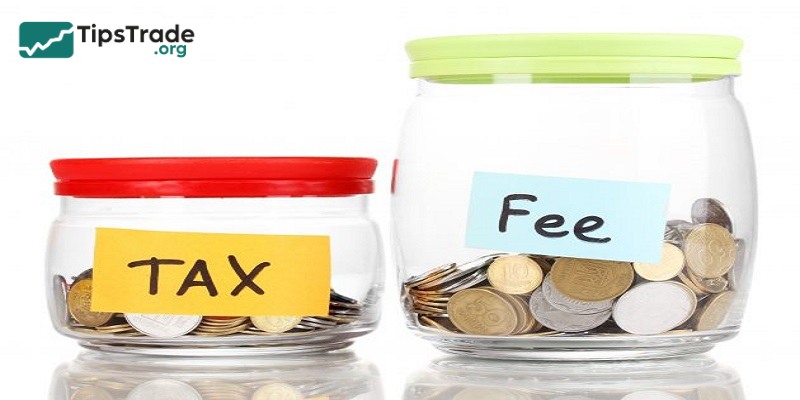
Political risks
In case a country falls into political instability, the business operations will also be affected. As a result, if you invest in stocks of these international companies, the profits you receive will decrease significantly. In addition, political volatility will also create illiquidity for international stocks.

Comparing the NYSE and NASDAQ
As you know, NYSE stands for New York Stock Exchange, which is the largest stock exchange in the world based on the total market capitalization of the stocks listed on the floor. On the contrary, another equally famous exchange is NASDAQ, which stands for National Association of Securities Dealers Automated Quotations.
This is the platform that allows investors to make stock transactions and provides a set of indexes on the performance of the stock market. Although both are stock exchanges, how do they operate differently? Compare the criteria below.
- Market type: On the NASDAQ, stock transactions are made through a broker (dealer), which creates a stock market. However, on the New York Stock Exchange, two buyers and sellers can trade directly with each other based on specific price matching principles.
- Listed companies: On the NASDAQ, listed companies are usually technology companies with great growth potential. Meanwhile, companies on the New York Stock Exchange are usually long-standing companies with huge revenues.
- Types of securities traded: Securities traded on the NASDAQ are typically more volatile, whereas those traded on the New York Stock Exchange are more stable and well-established.
- Expense: The cost to list on the NASDAQ is lower than on the New York Stock Exchange so you can find new companies listed on the NASDAQ
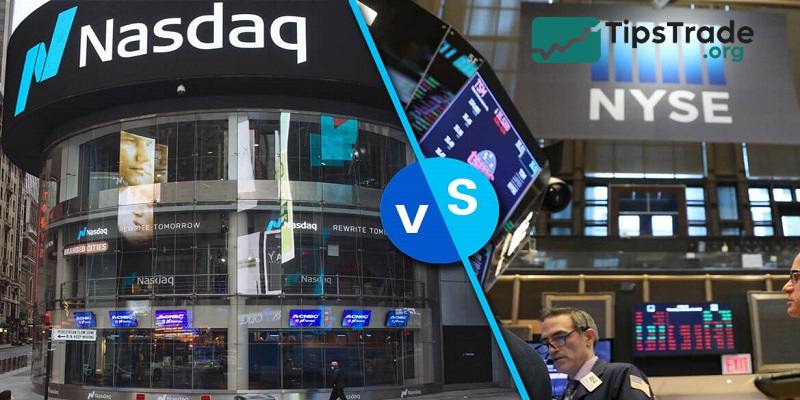
Conclusion
The New York Stock Exchange (NYSE) is one of the most reputable trading venues with a huge trading volume. Understanding this information well helps investors better grasp global investment trends. Don’t forget to follow Tipstrade.org for more useful investment information!

